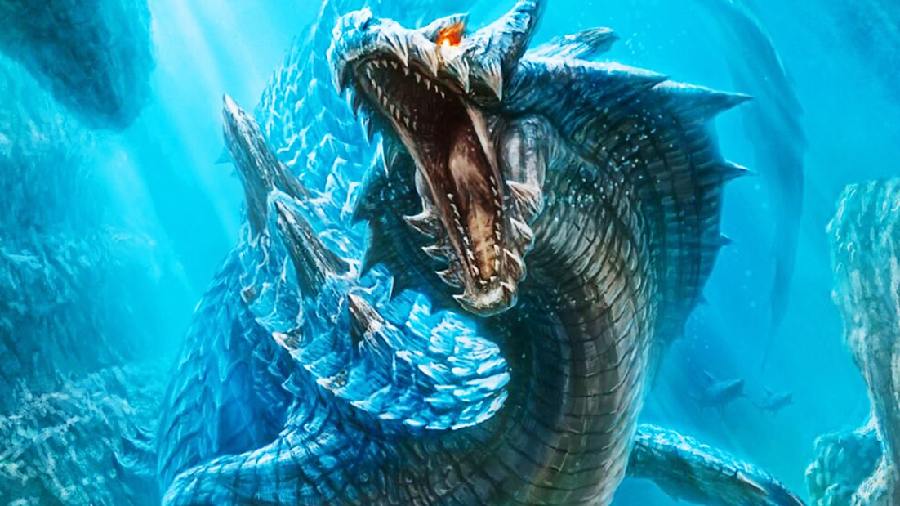Book: Confronting Leviathan: A History Of Ideas
Author: David Runciman
Publisher: Profile
Price: ₹1,850
The modern State has had a looming presence in the everyday lives of its citizens for quite some time now. It has turned out to be “[t]he indispensable institution of the modern world” and, in a way, acquired a kind of inevitability. The intertwined issue of indispensability and inevitability of the modern State has been at the centre of much of political theory as it has evolved over the past four centuries or so. Against this backdrop, David Runciman engages with twelve key political thinkers to bring out their seminal ideas about State, politics, and democracy: Thomas Hobbes, Mary Wollstonecraft, Benjamin Constant, Alexis de Tocqueville, Karl Marx and Friedrich Engels, Mahatma Gandhi, Max Weber, Friedrich Hayek, Hannah Arendt, Frantz Fanon, Catharine A. MacKinnon, and Francis Fukuyama. These thinkers reflect on many of the fundamental themes of contemporary politics: the interplay between violence and safety, freedom and constraint, legitimacy and participation, accountability and coercion, market and liberalism, feminism and justice, forms of systemic discrimination and collective attempts at resistance, and the idea of revolution and collective secular emancipation. Cumulatively, they cover a wide swathe in terms of the evolution of political ideas. By devoting individual chapters to each of these thinkers, Runciman’s exegesis presents us with an overall flavour of what these ideas meant in their own time and what they might mean for us now. However, the central organising theme of the book is the idea of the modern State from the middle of the seventeenth century to the end of the twentieth. He is forthright in asserting that modern States are a relatively recent development in the grand sweep of human history. Yet, the story of us as moderns has to be framed in relation to our being modern citizens or modern subjects of modern States. “And, the modern state, the idea of the modern state, is still the organizing principle and institution of our politics and world.”
According to Runciman, we are still living in a Hobbesian world as we depend on the State for our safety. We expect the State to be our ultimate protector and to insulate us from war, civil breakdown, foreign invasion, economic collapse and other large-scale disasters. Indeed, the State’s obligation towards foundational political protection to its citizens is writ large in its history. With the passage of time, our expectations of the State have grown manifold. Now we want the State, as MacKinnon notes, to offer us “day-to-day protection from our day-to-day oppressors — being rescued from husbands, lovers, partners, employers, strangers, men”. This expansion of the reach and scope of the State has simultaneously fuelled our quest to prevent the State from dominating us. Liberal democracy has been one of the promising directions whereby our collective and individual lives have been sought to be rescued from the growing tentacles of the modern State. At the same time, there has been a fair amount of loathing of the modern State as well. Mahatma Gandhi’s views on the issue are well known. We also have Hannah Arendt reminding us of the dangers of a calculating, rationalistic conception of political life that diminishes politics and the human condition. A mechanistic, risk-averse and reductive understanding of politics does not allow us to acknowledge the violence of the colonial experience and/or the creative and redemptive power of violence of the type Fanon envisaged and worked for. Thus, this book offers in an accessible language an illuminating discussion of some of the continuing political concerns across wars and revolutions, the rise and fall of empires, the spread of democracy and the failure of communism. It also takes on board feminist and post-colonial critiques of power, leadership, accountability and liberty.
The book contains an interesting discussion about the possibility of an alternative political order coming out of China’s contemporary experience with what some call ‘State capitalism’. In a related way, Runciman also finds Fukuyama’spronouncement of the “end of history” not only a bit premature but also a tad celebratory of the liberal democratic enterprise. But the fact remains that a politico-ideological enterprise which can deliver both freedom and prosperity, as Fukuyama has argued, has greater chances of appeal than other versions of authoritarian populism or the Big Brother State. Runciman helps us intellectually navigate through some of the central political puzzles of our times with plenty of contemporary and historical illustrations. Overall though, it remains an ethnocentric history of ideas as it privileges the Western experience and looks at the world from the Western qua universal prism. Appreciably, one can hardly find a more readable text than this in the field of political theory and intellectual history.











